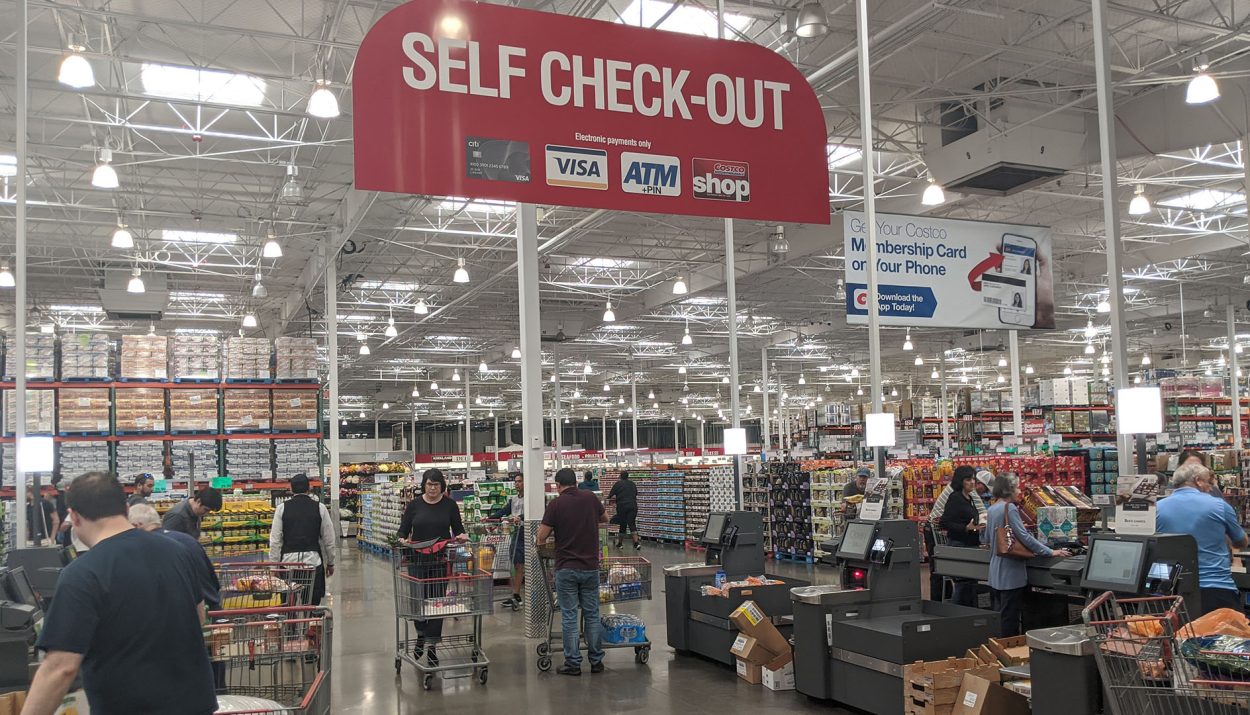Across the world, retail stores installed self-checkout registers to save money and improve customer convenience. But reality has struck a different chord. These machines, instead of making shopping easier, have added complications for customers and stores alike.
Now, several big names in retail are removing their self-checkout registers. In light of these events, we can’t help but wonder – Did the rush toward automation overlook the actual needs of customers and how stores work?
Self-Checkouts In Retail
Self-checkout machines, an idea from the 1980s, became popular in the early 2000s. During the COVID-19 pandemic, they got even more popular, and stores put in lots of them.
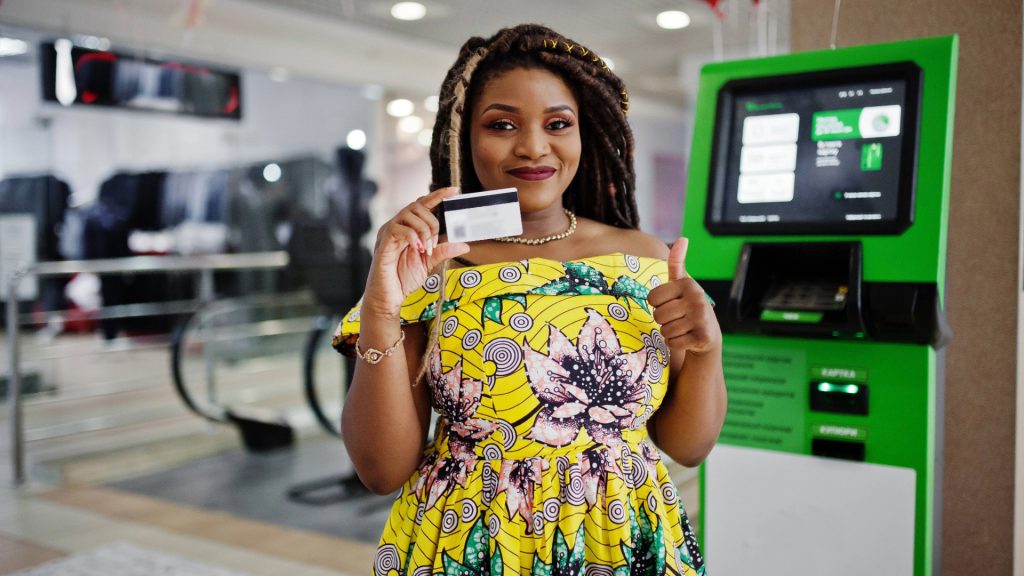
This wasn’t just because of new technology or to make shopping easier; it was also to help keep people healthy and safe. These machines helped people stay six feet apart, which was important for public health during the big health crisis around the world.
Dollar General Bows Out
At the end of 2023, Todd Vasos, the CEO of Dollar General, said they will slowly remove the self-checkout machines from their stores. Vasos explained that the company was using self-checkouts too much.
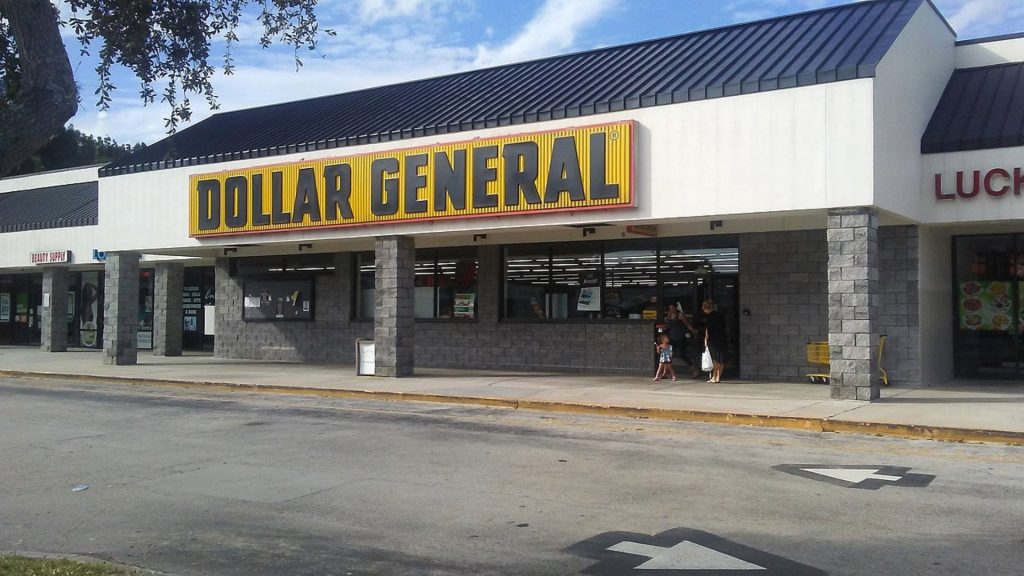
He believes these machines should be a backup, not the main way to check out – “We should be using self-checkout as a secondary checkout vehicle, not a primary.” This decision is a big change. It means Dollar General is moving away from self-checkouts and going back to a more old-fashioned way of shopping – the person-to-person service model.
It Is Not An Isolated Trend
Dollar General isn’t the only store stopping the use of self-checkout machines. Big stores like Walmart, Costco, and Wegmans are also moving away from this technology.
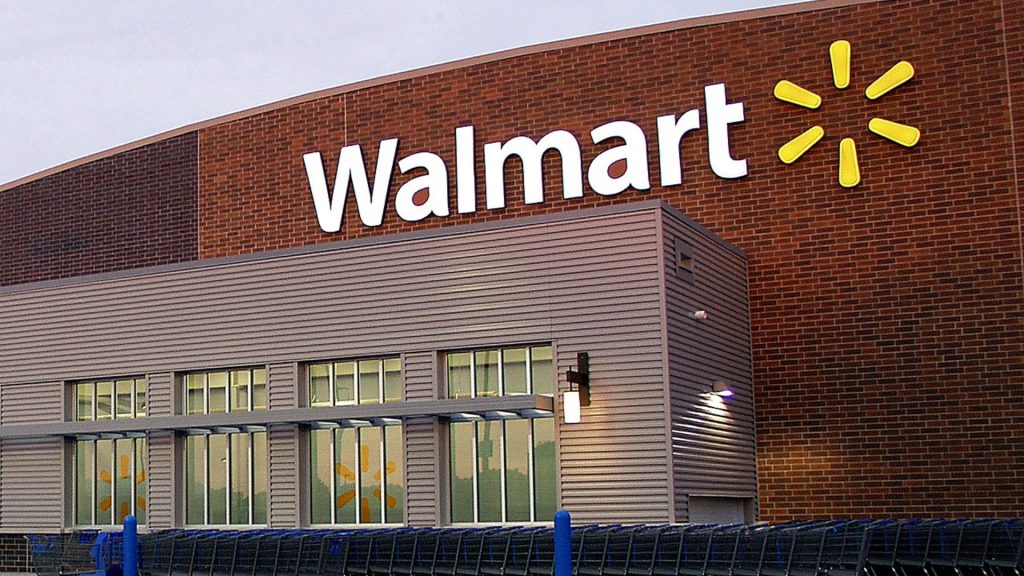
If anything, this change shows that the whole retail industry is rethinking the worth of these machines.
The New Realization
These companies are realizing that self-checkout systems might not work as well or be as helpful as they thought at first.
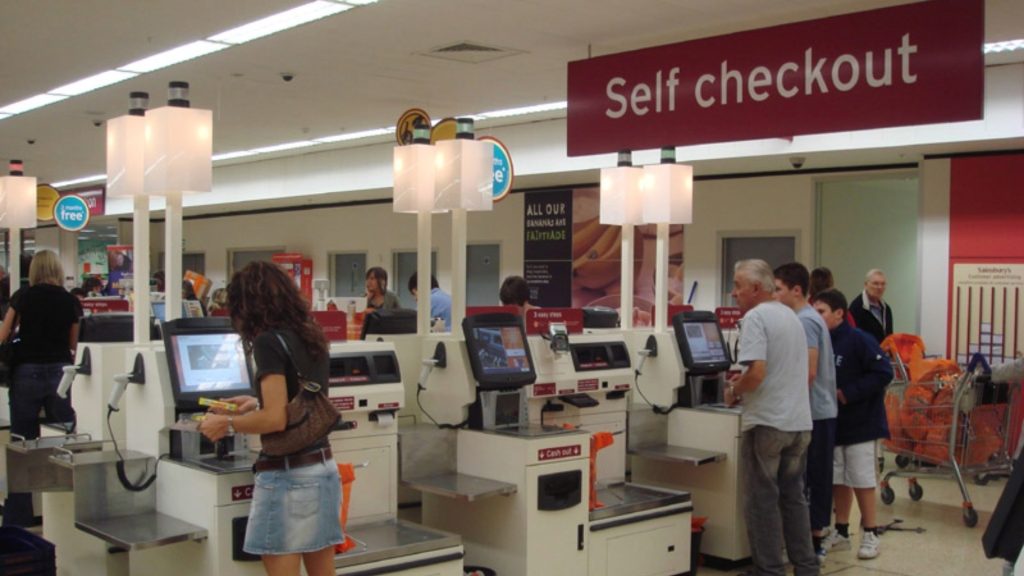
There are many reasons for this new thinking. It seems like the way self-checkouts actually work doesn’t always fit what the stores and their customers need or expect.
Why Are These Stores Second-Guessing Their Choices?
Retailers are rethinking self-checkout machines because of three big problems. First, these machines need as many workers to help out as regular checkouts do. So, they don’t save as much on labor as stores thought they would.
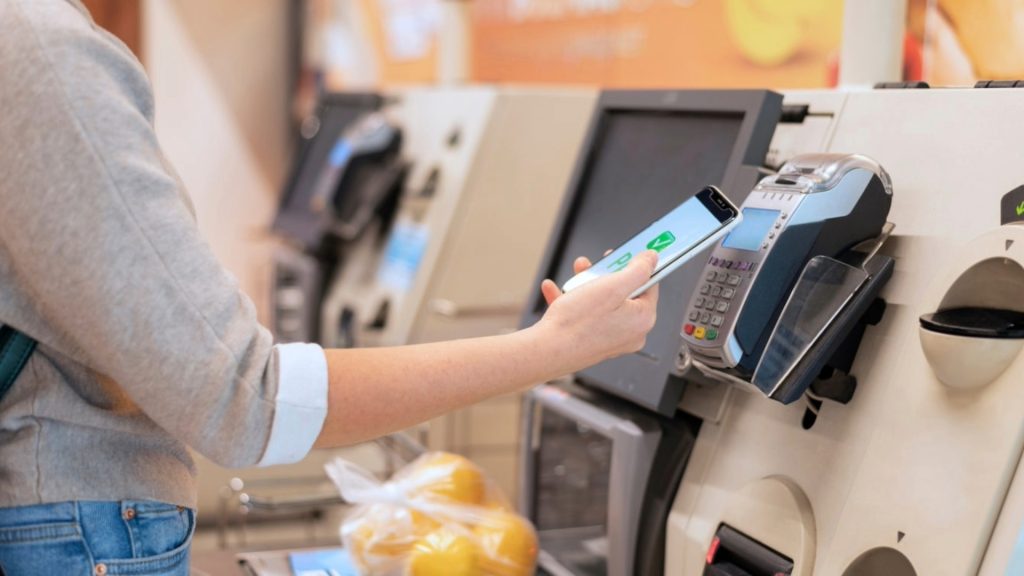
Second, a lot of customers find these machines hard to use, which can make shopping frustrating and not enjoyable. And last but not least, there’s more theft at self-checkout counters compared to checkouts with people working at them.
The Costco Experience
Costco – famous for trying to cut costs to keep prices low – has had problems with self-checkout machines. At first, Costco thought these machines would save money over time by needing fewer workers at the registers.
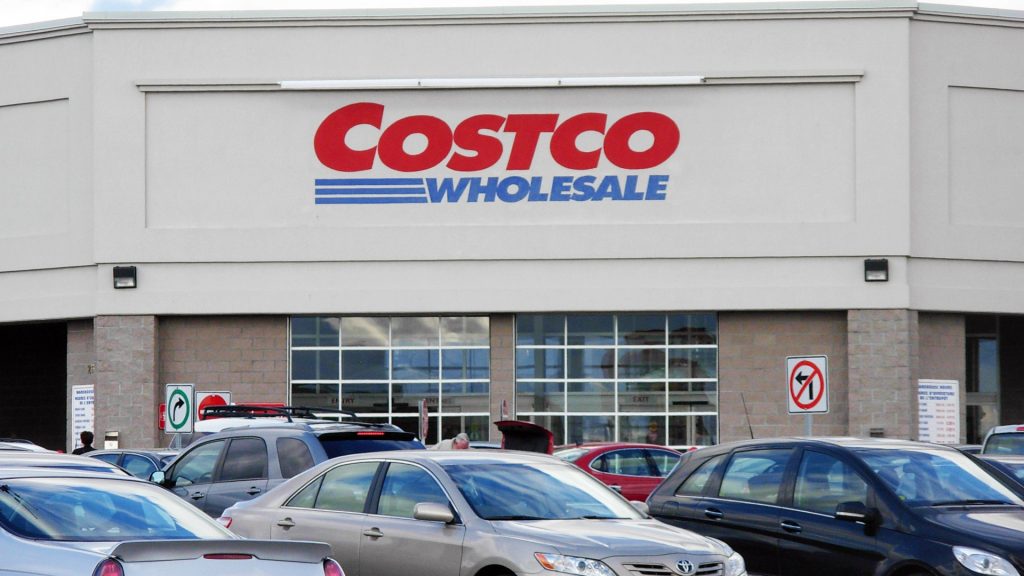
However, they found out that self-checkouts often need staff to help out. Workers have to step in, especially when there are issues like items not scanning properly. This has made Costco re-evaluate how practical and cost-effective self-checkout systems are in their stores.
Self-Checkouts Require More Staff In Practice
Putting in self-checkout counters is more work for employees, and not less like it was supposed to be. Now, staff must be there to help customers use the machines, check receipts, and watch security videos closely.
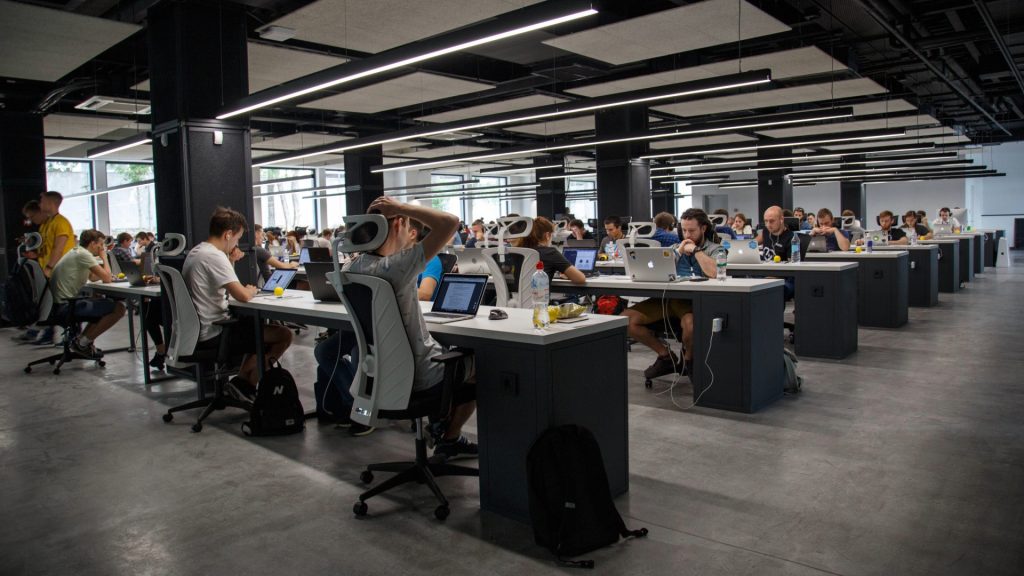
This extra work goes against the main goal of these systems, which was to make things run smoother and use less labor. The fact that workers have to watch over things closely and step in often shows a big problem with self-checkouts – they’re simply not as good at saving labor as people thought.
Using Self-Checkouts Costs Walmart More Money
Walmart is another big store that has had to spend more money because of problems with theft at self-checkout counters. They’ve had to buy special devices to detect and prevent theft at these machines.
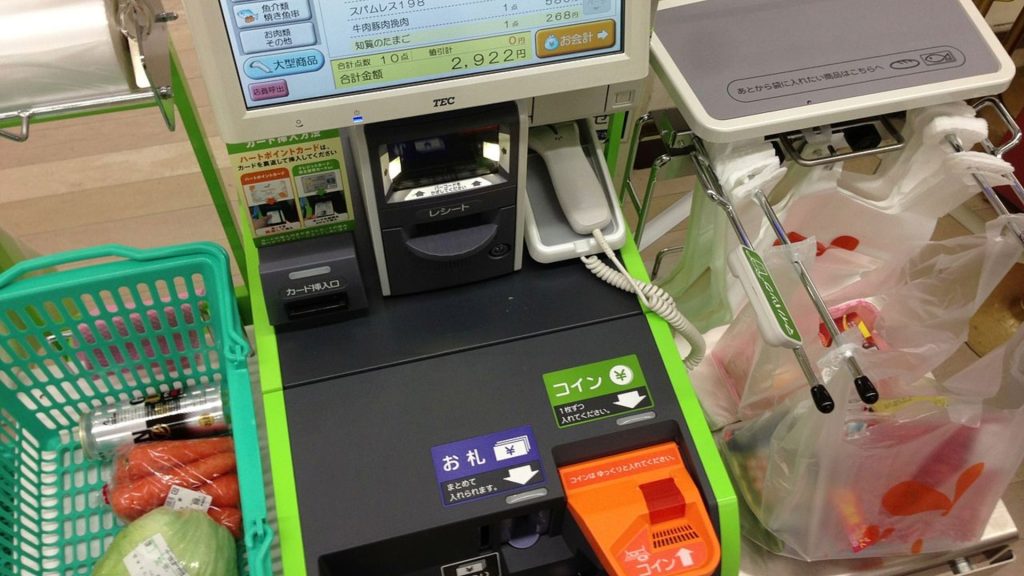
This extra cost is probably something they didn’t expect when they switched to self-service checkouts. These kinds of security measures wouldn’t have been so important if they had stayed with regular checkouts with employees.
Folks Prefer Manned Registers
Stores have noticed that many customers like checkout counters with workers better than self-checkout stations. This is because of different problems with self-checkouts.
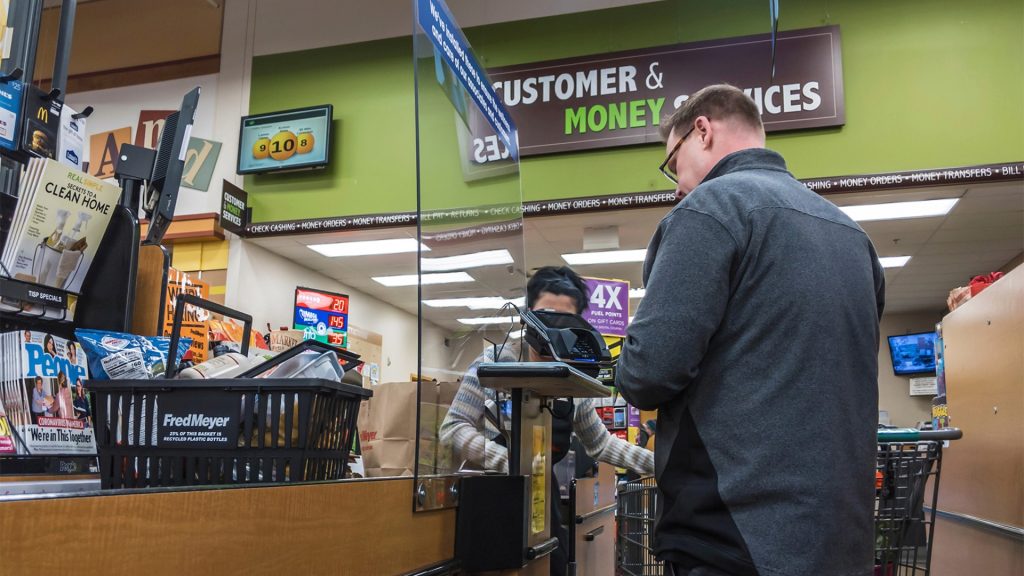
Customers often have trouble finding barcodes on items, they deal with the machines not working right, and have a hard time in the bagging area. These issues can lead to delays and frustrations, which makes using self-checkout less appealing.
Back To The Old Ways
At first, lots of customers thought self-checkout machines would make their shopping faster. But as time went on, they realized that these machines often make things take longer.
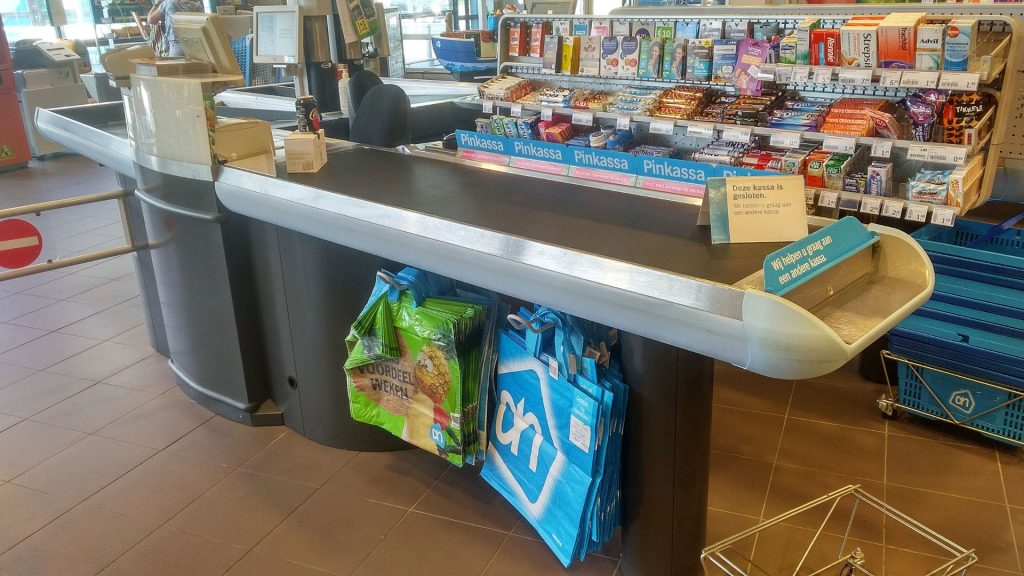
Because of this difference between what they expect and what happened, some customers are changing their minds about how efficient self-checkouts are. They often find that the old way, with employees at the registers, is more reliable and quicker.
Shoppers Prefer Expert Assistance
People typically don’t know the machines or the products as well as the store workers do. It’s no surprise that many people think that having a trained employee help with checkout makes shopping faster, easier, and better overall.

Workers are good at dealing with different products and problems, which can make the checkout process much smoother. This is different from self-checkout systems, which can be slower and harder to use.
Retailers Are Experiencing Increased Self-Checkout-Related Thefts
Many stores, like Walmart, have seen more thefts after they put in self-checkout counters. These machines were meant to make checking out faster, but they have also made it easier for theft to happen.
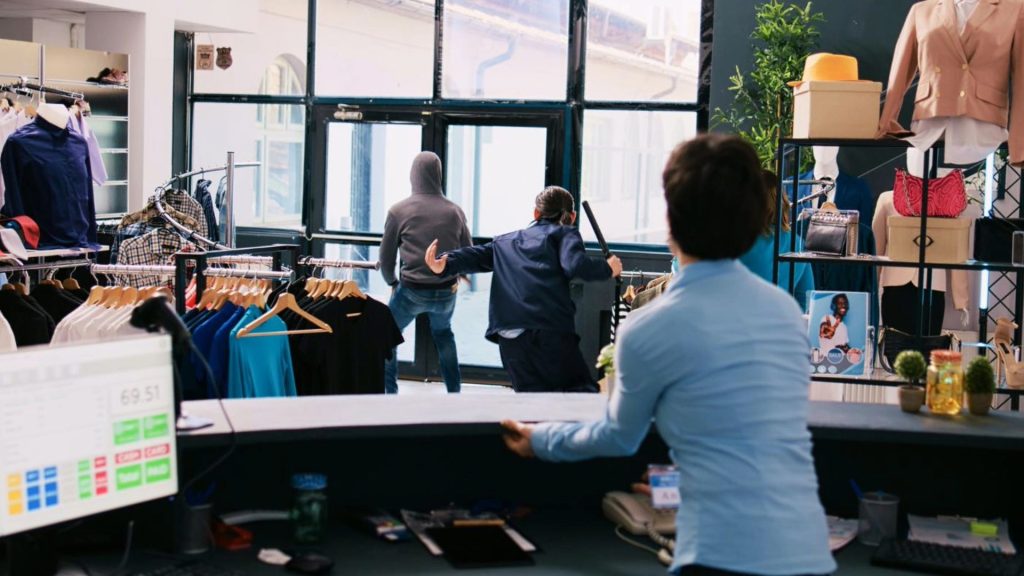
Keeping an eye on and stopping these thefts has become a big worry for these stores.
It’s Simply Too Easy To Steal
It’s become a big issue that customers can easily put items in their bags without scanning them at self-checkout counters. This can happen by mistake or on purpose because there’s not much supervision.

Because it’s so easy, even people who would never think of stealing might end up taking things without paying. It’s hard to make sure everything gets scanned and paid for. In this sense, traditional checkouts with staff are much better.
Walmart And Others Crack Down On Self-Checkout Thefts
To deal with more theft at self-checkout counters, stores like Walmart have stepped up their security.

They are watching these areas more closely now with security cameras to make sure customers aren’t stealing when they use the self-service checkouts.
The Crackdown Affects Honest Shoppers
After stores made security tougher at self-checkout counters, a new problem came up. Honest customers who made simple mistakes with the machines were sometimes thought to be stealing and accused of theft.

This has made shoppers worried, and many of them now stay away from self-checkout lines. They prefer to go to registers with employees because they feel it’s safer and there’s less chance of being wrongly accused.
The Beginning Of The End
Many stores now think that using self-checkout systems is a mistake. The problems, like needing more workers, customers getting upset, more theft, and the chance of accusing someone wrongly, have turned out to be bigger than the good things they expected from these systems.
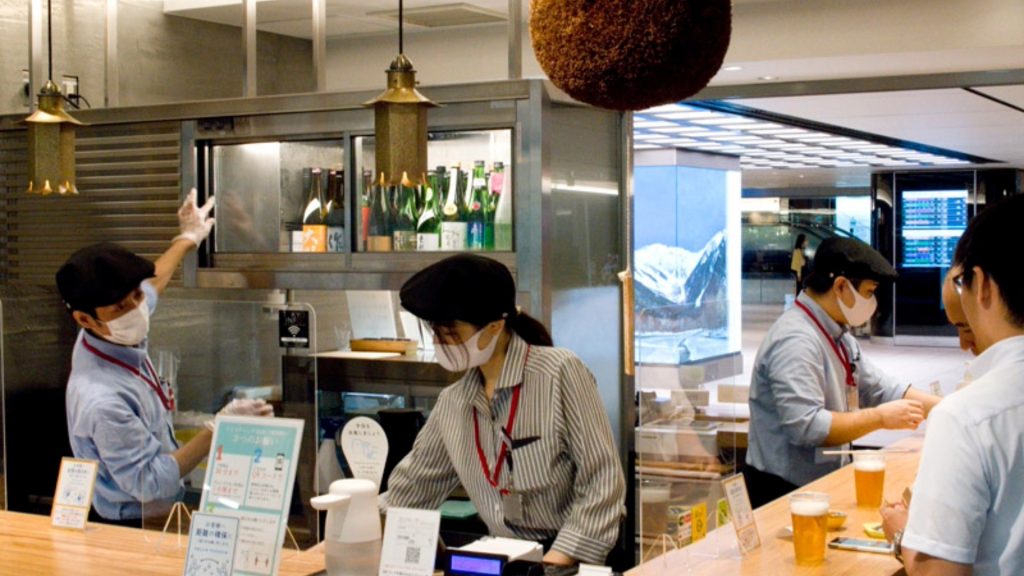
So, now many stores are thinking about going back to normal registers with employees, reducing their use of self-checkouts.
The Inevitable End Of Self-Checkouts
Phil Lempert – an expert in food industry analysis – has shared his thoughts on self-checkouts. He said, “I think we are going to see the end of self-checkouts very soon.”
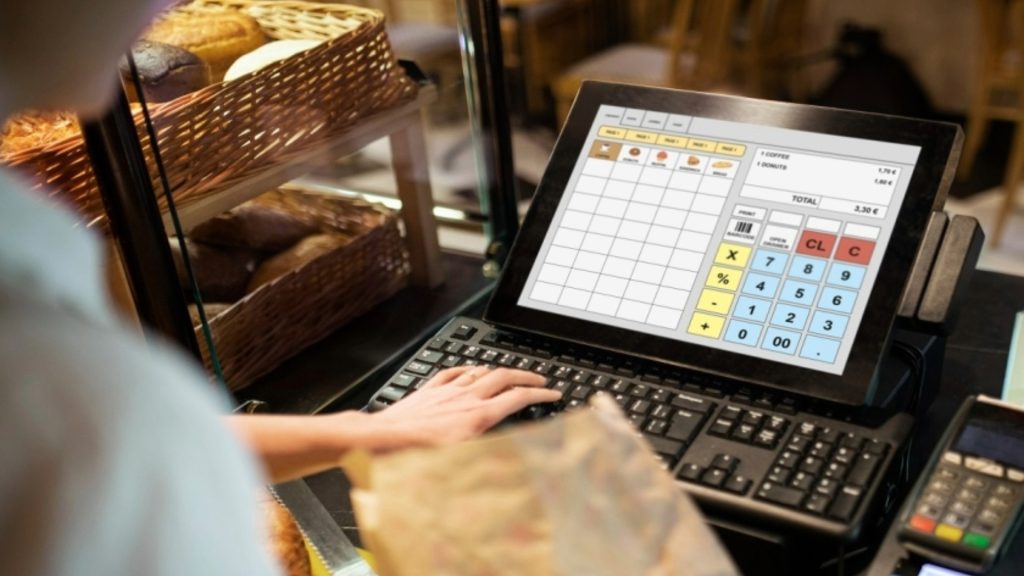
Lempert’s words show what many people in the industry are thinking – there’s going to be a big move away from these machines. His opinion highlights the idea that stores in the future might go back to the old ways, with workers helping customers and at checkouts.
Dollar General Tips The Domino
If the predicted trend of fewer self-checkouts is a stack of dominoes on the brink of collapse, then Dollar General’s announcement that they will slowly phase out their self-checkout modules has tipped the dominoes.
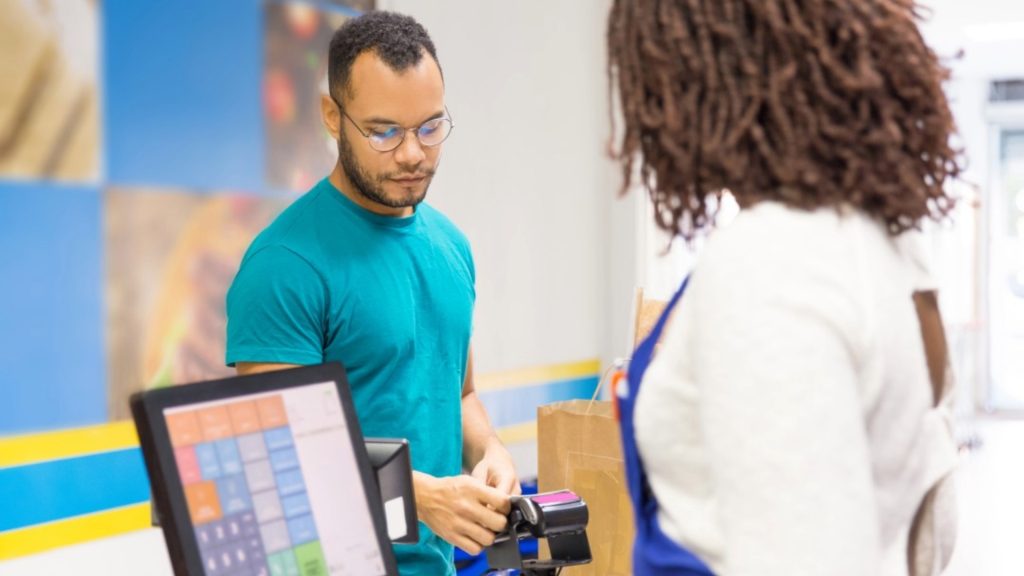
And now they are in free fall. With precedence in place, other stores will no longer hesitate to remove their self-checkouts should the need be, especially if operating these machines is no longer beneficial cost-wise.

